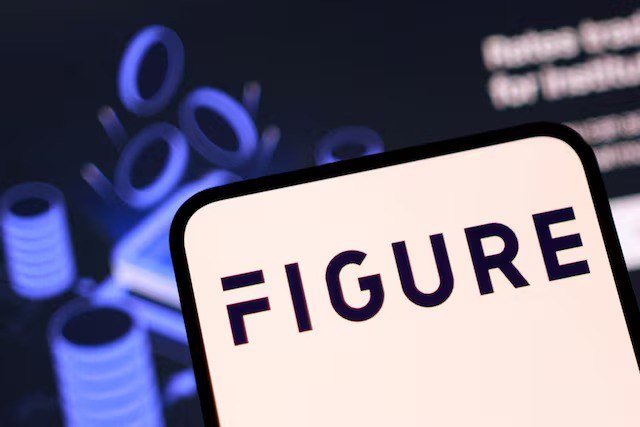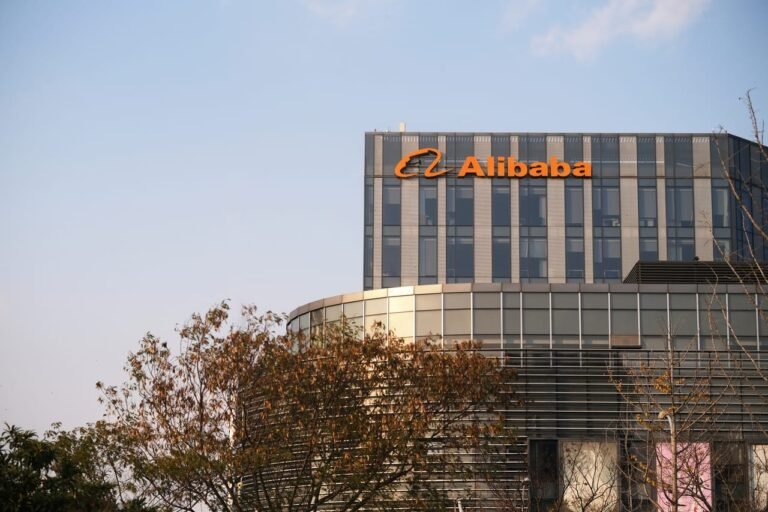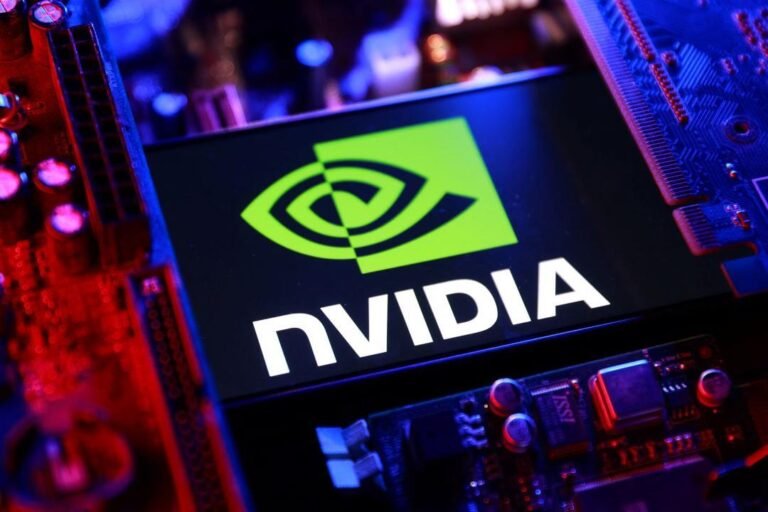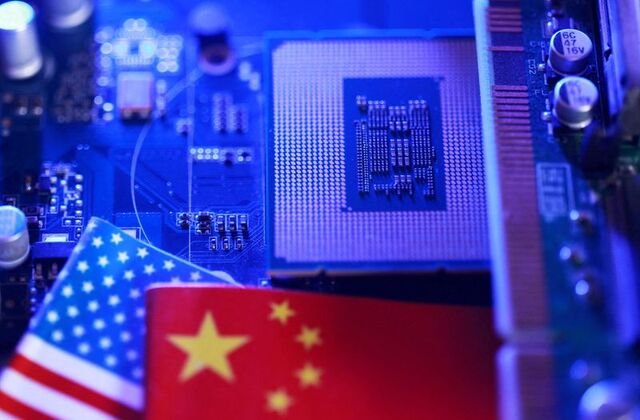
The EU court ruled in favor of Meta and TikTok on supervision fees.
Big win for Meta TikTok EU ruling will have to change its Tech Fees rules
A big and important decision has come in the world of technology. Also, social media giants Meta (owner of Facebook and Instagram) and TikTok have won a major legal battle against the European Union (EU). But a top European court in its decision has overturned the EU’s plan, under which a special ‘surveillance fee’ was to be charged from these big tech companies. Also, this decision of the court has put EU regulators in trouble. Now the EU will have to go back and recalculate its fee structure. Let’s understand this complex matter in simple language.
What is the Digital Services Act (DSA) of the European Union?
To understand this entire controversy, it is important to first understand the EU’s Digital Services Act (DSA). Also, the EU passed this new law to make strict rules regarding online platforms. But its main objective is to make the Internet a safe and responsible place for users. Also, under DSA, some special responsibilities have been placed on big tech companies. And they will have to remove fake news, hate speech and illegal content from their platforms. Also, their algorithms will have to be checked so that the privacy of users can be protected. To monitor and implement all these rules, the EU will need a big regulatory body. To run the expenses of this body, the EU made a plan to take a supervision fee from big tech companies.
What is the Digital Markets Act (DMA)?
To understand this whole controversy, first of all it is important to know about a law of the EU. Whose name is Digital Markets Act EU has made this law to limit the power of big tech companies and create fair competition for small players in the market. Also, DMA declares those companies as gatekeepers. Also, those who play the role of ‘door protector’ in the digital market. That is, the platforms which have a lot of users. Those who have a strong position in the market and have become an important channel for business negotiation. And they are considered gatekeepers. Also, companies like Apple Google Amazon Meta Microsoft and ByteDance (parent company of TikTok) come in this category.
EU’s ‘supervision fee’ model is the root of the controversy
The EU decided that the big tech companies on which the strictest rules of DSA apply. But they will bear most of the expenses of this regulatory body. The EU prepared a formula. Also, according to this formula, the fee will be calculated on the basis of the size and revenue of the company. Also, this is where companies like Meta and TikTok objected. And their argument was that this formula of the EU is wrong and unfair. They said that this fee structure is more aggressive than necessary and it puts an unjust burden on those companies which are not earning much revenue in the EU. But with these objections, they filed a challenge against this decision in the EU Court of Justice.
The court agreed with the companies on Meta TikTok EU ruling
The General Court, the second largest court in Europe, in its decision accepted the arguments of Meta and TikTok as correct. The court said that the fee model created by the EU is not legally correct. Also, the court said an important thing in its decision. It said that this formula of the EU applies only to those companies which come under the strictest rules of the DSA. It does not apply to those small and medium businesses (SMEs). And the court admitted that the EU has the right to make such a formula. But the way it chose to implement it was wrong. Also, the court annulled the EU’s decision.
Court’s decision in favor of companies
In July 2024, the EU General Court gave its verdict. The court agreed with the arguments of Meta and TikTok. The court said that the fee formula created by the EU is actually wrong. Also, the court believed that the purpose of DMA is to regulate only the digital market of the EU. Not the market of the whole world. So, the fees that are being charged to cover the cost of regulating this should be directly related to the income of the companies in the EU. It is not logical to base the income of the whole world on this.
It is a kind of ‘taxation without representation’. But where companies are being charged fees based on their global income while only EU business is being regulated. And this decision means that the EU regulators will now have to go back and recalculate this supervision fee. But they will have to create a new more equitable formula that takes into account only the revenue generated in the EU.
What will happen next? Meta TikTok EU ruling
This decision of the court means that the budget that the EU had created for its regulatory body is now hanging in the balance. The EU regulators now have a big challenge. They will also have to go back to the drawing board and create a new more equitable fee model. And it will take a lot of time and resources to create this new model. Also, a major impact of this decision is that now more tech companies may be encouraged to challenge EU decisions in court. This decision shows that if companies feel that any EU rule is unfair, they can knock the door of the court.
Conclusion: Meta TikTok EU ruling
This victory of Meta and TikTok is not just a legal victory. It is part of a larger battle of power between tech companies and government regulators. Governments around the world are now putting pressure on tech companies to follow the rules. At the same time, this decision of the court has created a balance. It acknowledged that regulators have the right to make rules. But at the same time it also made it clear that they cannot take any decision arbitrarily. They have to follow a fair and legally strong process. Also, this case teaches us that in the rapidly changing world of technology, laws and rules also need to develop and improve at the same pace. And now it remains to be seen how the EU deals with this challenge and creates a new and better system.






